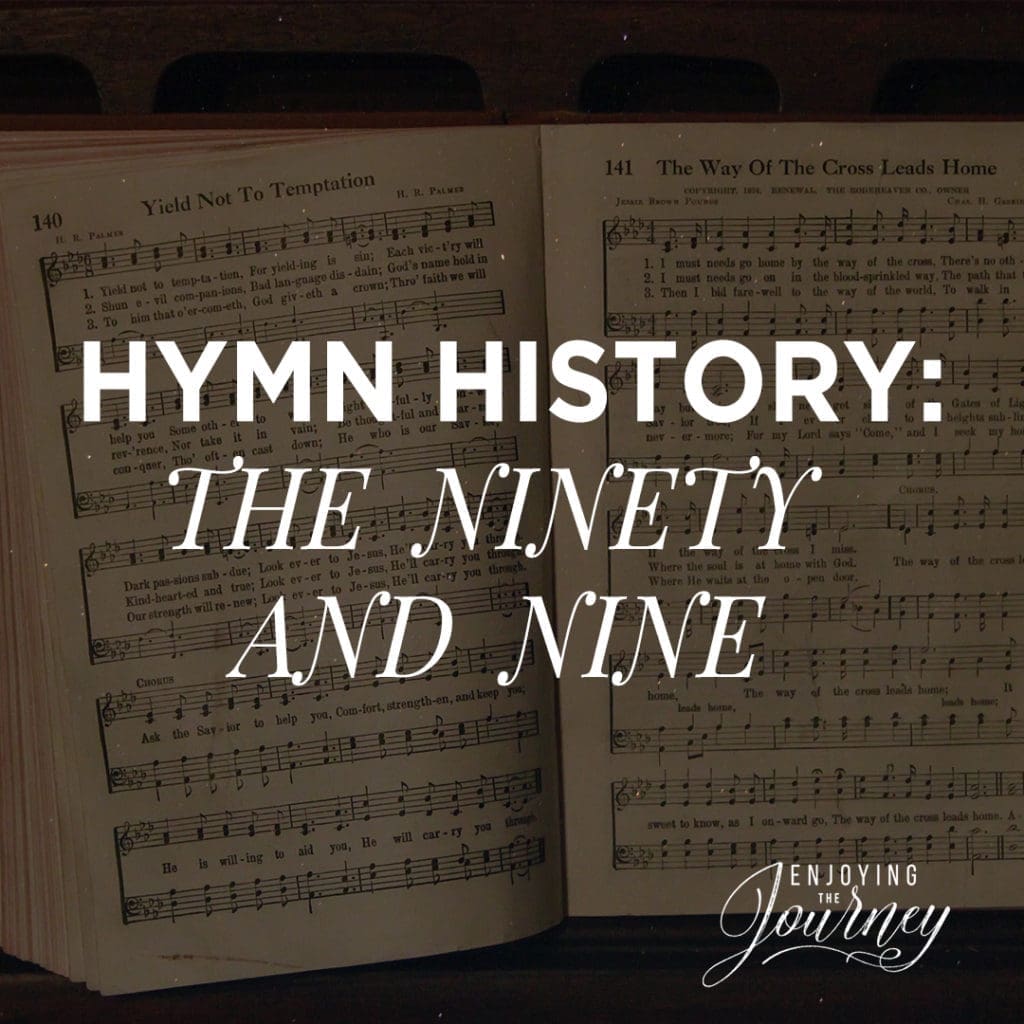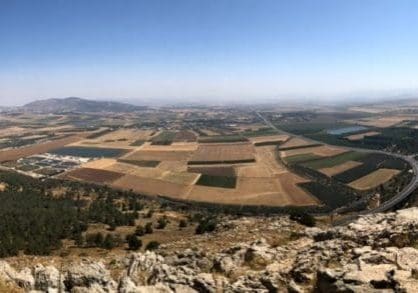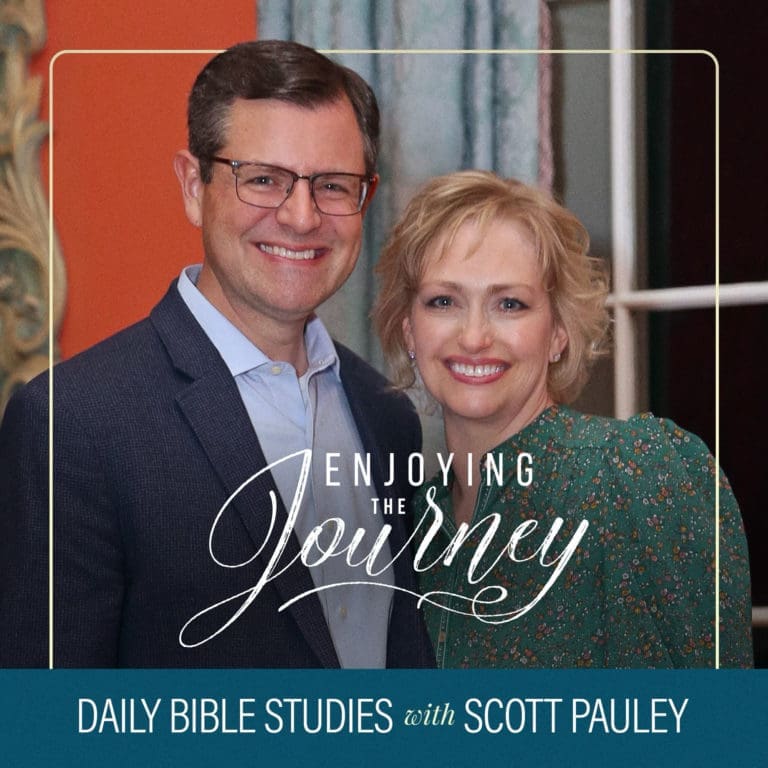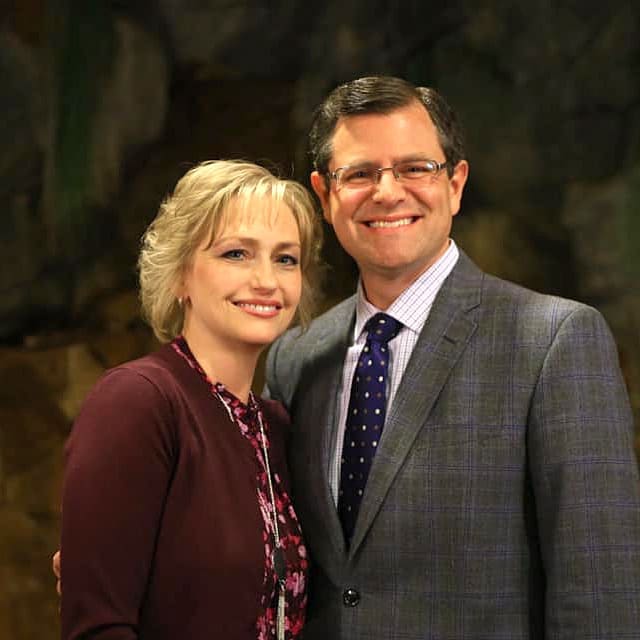
How think ye? if a man have an hundred sheep, and one of them be gone astray, doth he not leave the ninety and nine, and goeth into the mountains, and seeketh that which is gone astray? – Matthew 18:12
We are thrilled to share a series of brief accounts of how some of the great hymns of our faith were written. Each synopsis has been compiled through the research of Jerry Vargo and is shared by permission. It is our hope that these stories will be a help and encouragement to your Christian walk. This week we read the full and unique story behind the stirring hymn, “The Ninety and Nine.”
This hymn was written in a most unusual way. Ira Sankey, song leader for D. L. Moody, tells the story of the writing of this hymn in his autobiography. The following account is in Mr. Sankey’s own words:
“It was in the year 1874 that the poem, “The Ninety and Nine,” was discovered, set to music, and sent out upon its world-wide mission. Its discovery seemed as if by chance, but I cannot regard it otherwise than providential. Mr. Moody had just been conducting a series of meetings in Glasgow, and I had been assisting him in his work as director of the singing. We were at the railway station at Glasgow and about to take the train for Edinburgh, whither we were going upon an urgent invitation of ministers to hold three days of meetings there before going into the Highlands. We had held a three months’ series in Edinburgh just previous to our four months’ campaign in Glasgow. As we were about to board the train I bought a weekly newspaper for a penny. Being much fatigued by our incessant labors at Glasgow, and intending to begin work immediately upon our arrival at Edinburgh, we did not travel second or third-class, as was our custom, but sought the seclusion and rest which a first-class railway carriage in Great Britain affords. In the hope of finding news from America I began perusing my lately purchased newspaper. This hope, however, was doomed to disappointment, as the only thing in its columns to remind an American of home and native land was a sermon by Henry Ward Beecher.
I threw the paper down, but shortly before arriving in Edinburgh I picked it up again with a view to reading the advertisements. While thus engaged my eyes fell upon a little piece of poetry in a corner of the paper. I carefully read it over, and at once made up my mind that this would make a great hymn for evangelistic work—if it had a tune. So impressed was I that I called Mr. Moody’s attention to it, and he asked me to read it to him. This I proceeded to do with all the vim and energy at my command. After I had finished I looked at my friend Moody to see what the effect had been, only to discover that he had not heard a word, so absorbed was he in a letter which he had received from Chicago. My chagrin can be better imagined than described. Notwithstanding this experience, I cut out the poem and placed it in my musical scrap-book—which, by the way, has been the seed-plot from which sprang many of the Gospel songs that are now known throughout the world.
At the noon meeting on the second day, held at the Free Assembly Hall, the subject presented by Mr. Moody and other speakers was “The Good Shepherd.” When Mr. Moody had finished speaking he called upon Dr. Bonar to say a few words. He spoke only a few minutes, but with great power, thrilling the immense audience by his fervid eloquence. At the conclusion of Dr. Bonar’s word, Mr. Moody turned to me with the question, “Have you a solo appropriate for this subject, with which to close the service?” I had nothing suitable in mind, and was greatly troubled to know what to do. The Twenty-third Psalm occurred to me, but this had been sung several times in the meeting. I knew that every Scotsman in the audience would join me if I sang that, so I could not possibly render this favorite psalm as a solo. At this moment I seemed to hear a voice saying: “Sing the hymn you found on the train!” But I thought this impossible, as no music had ever been written for that hymn. Again the impression came strongly upon me that I must sing the beautiful and appropriate words I had found the day before, and placing the little newspaper slip on the organ in front of me, I lifted my heart in prayer, asking God to help me so to sing that the people might hear and understand. Laying my hands upon the organ I struck the key of A flat, and began to sing.
Note by note the tune was given, which has not been changed from that day to this. As the singing ceased a great sigh seemed to go up from the meeting, and I knew that the song had reached the hearts of my Scotch audience. Mr. Moody was greatly moved. Leaving the pulpit, he came down to where I was seated. Leaning over the organ, he looked at the little newspaper slip from which the song had been sung, and with tears in his eyes said: “Sankey, where did you get that hymn? I never heard the like of it in my life.” I was also moved to tears and arose and replied: “Mr. Moody, that’s the hymn I read to you yesterday on the train, which you did not hear.” Then Mr. Moody raised his hand and pronounced the benediction, and the meeting closed. Thus “The Ninety and Nine” was born.”
– Ira D. Sankey
1. There were ninety and nine that safely lay
in the shelter of the fold,
but one was out on the hills away,
far off from the gates of gold —
away on the mountains wild and bare,
away from the tender Shepherd’s care,
away from the tender Shepherd’s care.
2. “Lord, thou hast here thy ninety and nine;
are they not enough for thee?”
But the Shepherd made answer:
“This of mine has wandered away from me,
and although the road be rough and steep,
I go to the desert to find my sheep,
I go to the desert to find my sheep.”
3. But none of the ransomed ever knew
how deep were the waters crossed;
nor how dark was the night that the Lord passed thro’
ere he found his sheep that was lost.
Out in the desert he heard its cry —
sick and helpless, and ready to die,
sick and helpless, and ready to die.
4. “Lord, whence are those blood-drops all the way
that mark out the mountain’s track?”
“They were shed for one who had gone astray
ere the Shepherd could bring him back.”
“Lord, whence are thy hands so rent and torn?”
“They’re pierced tonight by many a thorn,
they’re pierced tonight by many a thorn.”
5. But all thro’ the mountains, thunder-riv’n,
and up from the rocky steep,
there arose a glad cry to the gate of heav’n,
“Rejoice! I have found my sheep!”
And the angels echoed around the throne,
“Rejoice, for the Lord brings back his own!
Rejoice, for the Lord brings back his own!”






